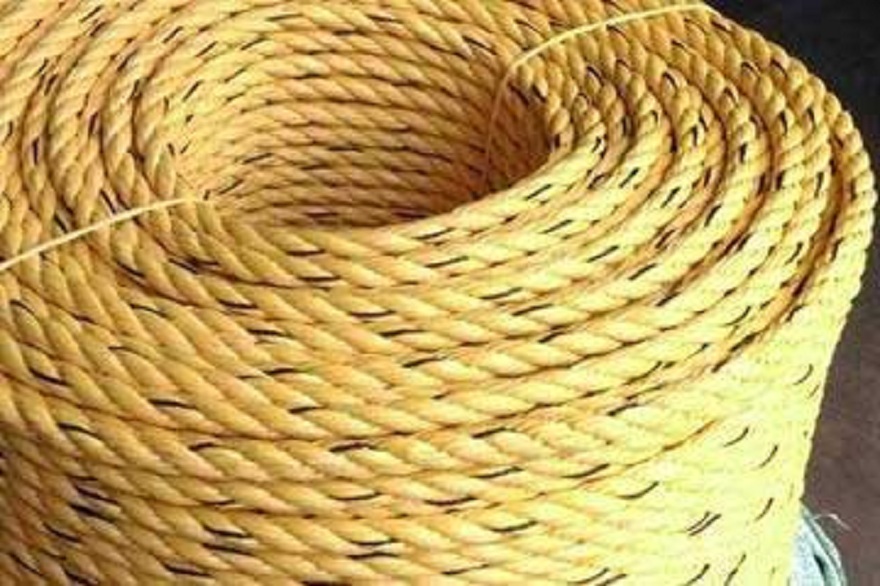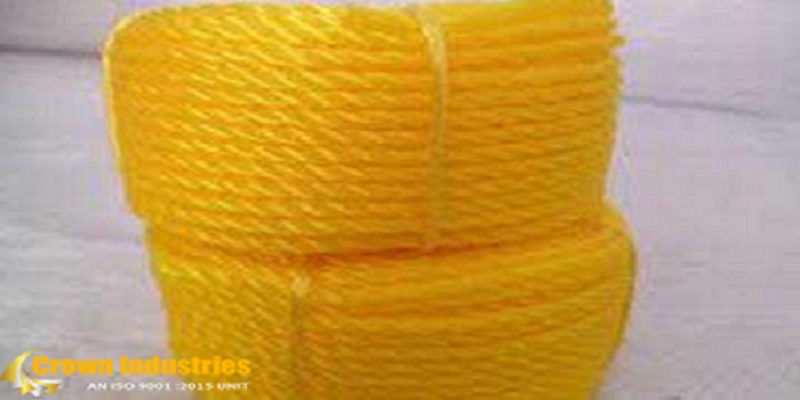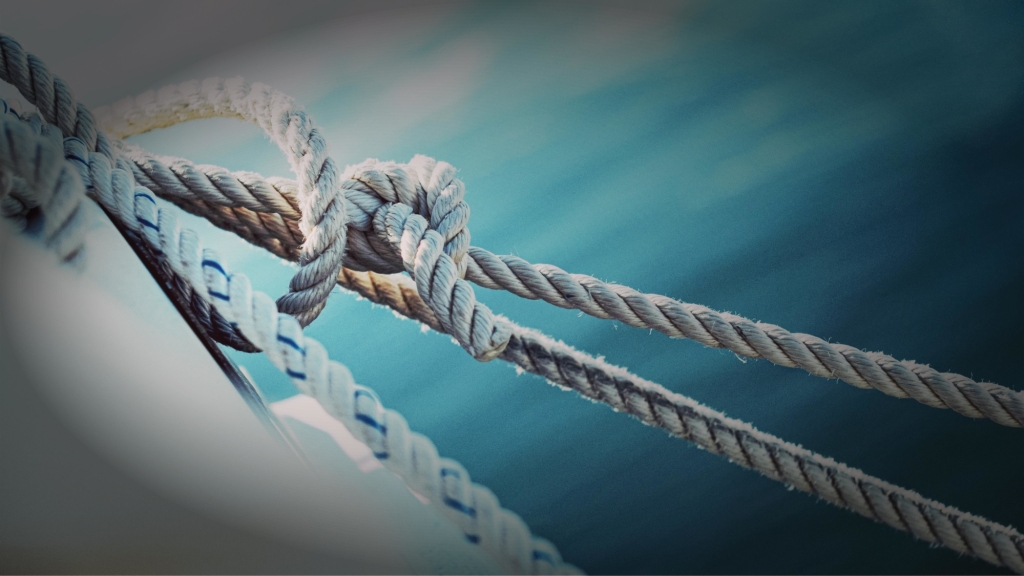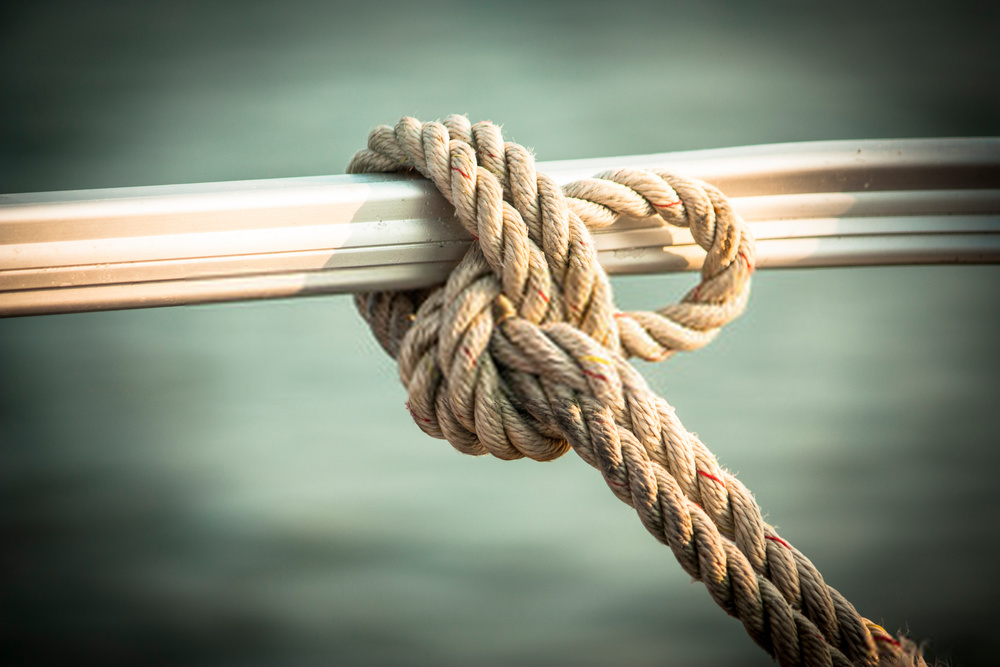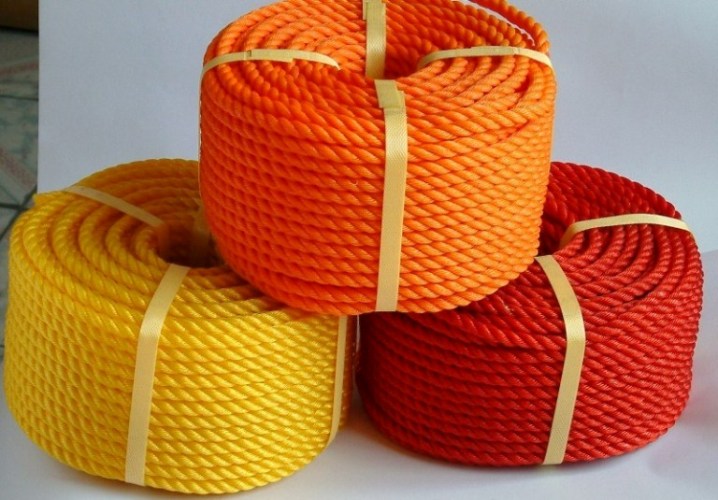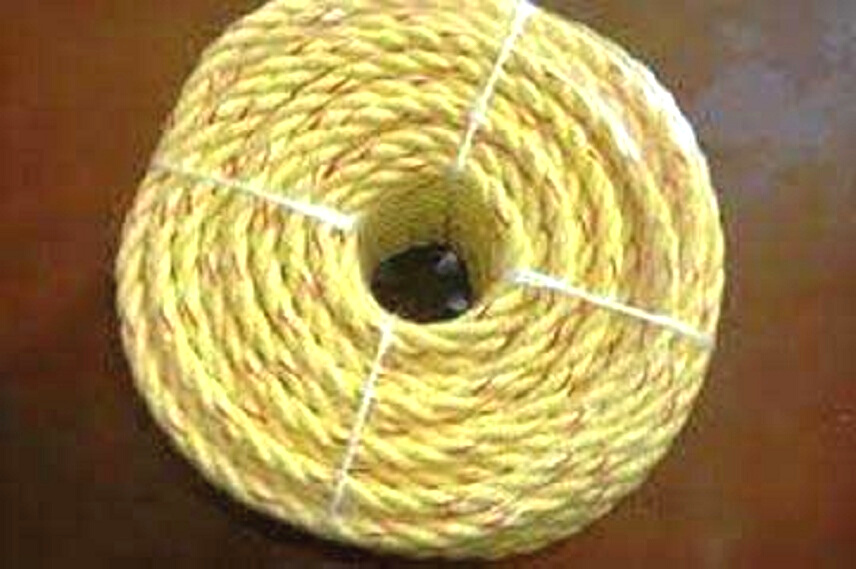
PP Danline Ropes are among the most popular items used in various industries. It is a synthetic rope that has the ability to hold items together, carry a heavy load and act as an extension. Its flexibility and reliability are some features why it is used worldwide.
More about PP Danline Ropes:
However, being a synthetic rope, it can sometimes be challenging to find the amount of synthetic used during the manufacturing process. It is an important feature that the user should check as it is directly related to the quality and functionality of the ropes.
Ways to Determine Synthetic Usage in PP Danline Ropes:
The ways to determine synthetic fibre usage in PP Danline ropes are discussed below. One should check these features after buying the product from a PP Danline Rope Manufacturer and Supplier.
- Fibre Appearance: Polypropylene is utilised in manufacturing danline ropes in various forms. It looks like a thin multifilament fibre, which is a bit thicker than polyester or nylon. It also resembles the shape of a thin tape, which measures between 0.06 mm to 0.1 mm in thickness. The manufacturers also use the fibre in its monofilament form, which resembles the look of a straw or bristle.
- Internal Marker Tapes: Sometimes, one may find marker tapes between a strand of rope. It is a marker generally containing the manufacturing date and the manufacturer’s name. It is an important thing that the user should notice. This talks a lot about the manufacturing period and the quality of the danline rope.
- Burn Testing: Burn testing is a useful way of identifying the fibre of different types of rope. The user should perform this test by following the suitable safety measures. One can determine fibre quality along with the burning smell by separating the residual item that remains afterwards.
- Gravity Test: It is another natural process through which one can determine the type of fibre used in the rope. All they have to do is take the ropes and place them in a bucket of water. Polypropylene ropes generally float on the water. Other synthetic ropes, like polyethylene and HMPE ropes, will also float. Others will sink down the water.
These are some ways one can determine the usage of synthetic polypropylene ropes. One can easily understand the quality of materials used for manufacturing these. To get these ropes of the best quality, one should buy them from a reputable PP Danline rope manufacturer and supplier.

